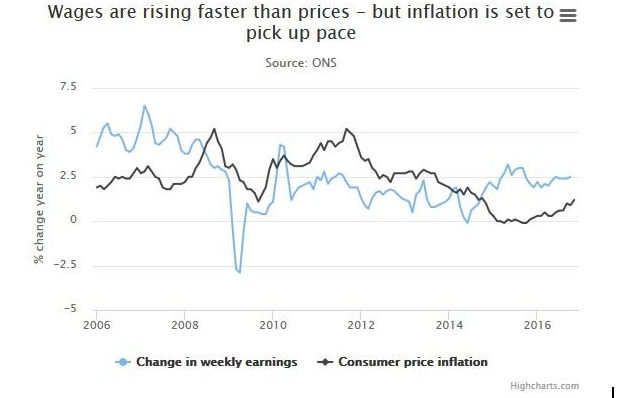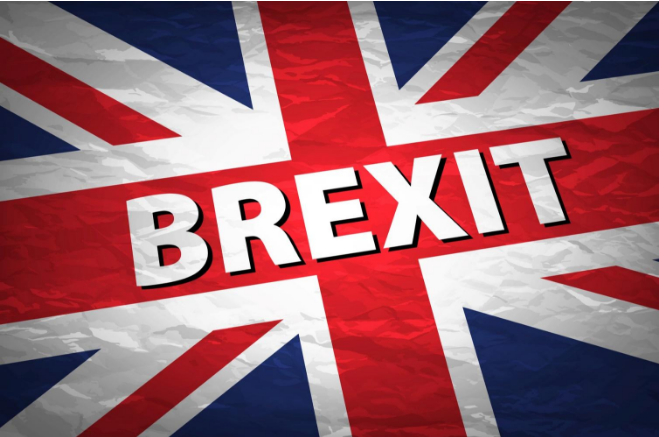Prime Minister Theresa May is at it again – this time she has called for a snap election on June 8, 2017. The Queen of England has already given Prime Minister May her blessing, and opposition parties are jumping on the bandwagon to try and appeal to voters in these troubling times. The Brexit saga continues unabated. When Britons voted in favour of a Brexit on June 23, 2016, they did so by a hefty majority of over a million votes. This sent a thunderous message to the European Union and to Westminster that the UK was intent on charting its own course in a new era.
The issue was highly politicised, but the economic ramifications are mind-boggling. Decades-old partnerships between the United Kingdom and the European Union will have to be undone as divorce proceedings kick in. Erstwhile Prime Minister David Cameron pleaded with Britons to vote for a Bremain, while Boris Johnson – the former London mayor – voted for a Brexit. The Brexiteers got their way and Britain is now headed for a nasty divorce from the EU. The newly appointed Prime Minister – Theresa May – has come under fire at every step. Her party controls a majority in the House of Commons, but it’s not enough to effectively push through Brexit measures. Hence, she has called for a snap election to strengthen her party’s position in Parliament.
How will businesses react?
Uncertainty characterises UK business at this juncture. SMEs are carefully watching the politics to gauge the economics to follow. On a rudimentary level, a hard Brexit will take a toll on the GBP. A soft Brexit is one where plans have been worked out ahead of time and there is a degree of consensus as to the nature of Britain’s exit from the EU. This bodes well for the GBP and will help to stabilise the currency and UK business activity. The decision by the Prime Minister to hold a general election before 2020 initially shocked the financial markets. However, the GBP soon reversed and is now rallying against the greenback, the EUR, and other currencies.
As at Wednesday, 19 April 2017 the GBP/USD pair was trading at 1.2821. This is the highest level for the GBP for the year to date. If UK businesses are involved in importing and exporting of goods and services, a strong GBP is good for import purposes, but it will hurt the export potential of UK enterprises. Various sectors such as travel and tourism will feel the pinch with a strong GBP, but the pound is nowhere near the 1.4789 level on June 23, 2016. This means that while there has been an appreciation of the GBP, foreign travellers are still getting plenty of bang for their buck and UK businesses can prosper accordingly.

Belt tightening for businesses
On a macroeconomic level, there are some important economic indicators steering UK enterprise. For example, the UK unemployment rate continues to fall and is now at 4.7 per cent. UK inflation was last measured at 2.3 per cent (March 2017) and the inflation rate has increased by 0.4 per cent month on month. Important measures of overall business sentiment in the UK include business confidence (at a level of 15), Manufacturing PMI (at 54.2), and services PMI (at 55). For the latter two economic indicators, any figure above 50 is bullish and represents expansionary prospects. For now, UK businesses are in a state of flux. There is continued growth in the manufacturing sector, but consumer confidence has dipped by 6 points (March 2017).
For this reason, we are seeing some belt-tightening with UK businesses, unsure of which way business activity will go post-Brexit. When we make the transition from High Street to Main Street, there is a definite sense of frugality creeping into the mix. That the BOE has retained historically low interest rates is an indication that the UK economy is not where it should be. As such, we see consumers hoping for wage growth in 2017, but mindful of lower net earnings at the same time. At the start of 2017, an economist from Oxford Economics predicted an increase in UK wage inflation to 2.9 per cent. In 2016, wage inflation increased by 2.4 per cent. This bodes well for consumers, provided inflation does not eat into increased wages. However, if the GBP reverses course and weakens we could see inflation rising towards the end of 2017. The only certainty with Brexit proceedings is the uncertainty it brings to the financial markets, but for now it is short-term bullish and British business is eating it up.







